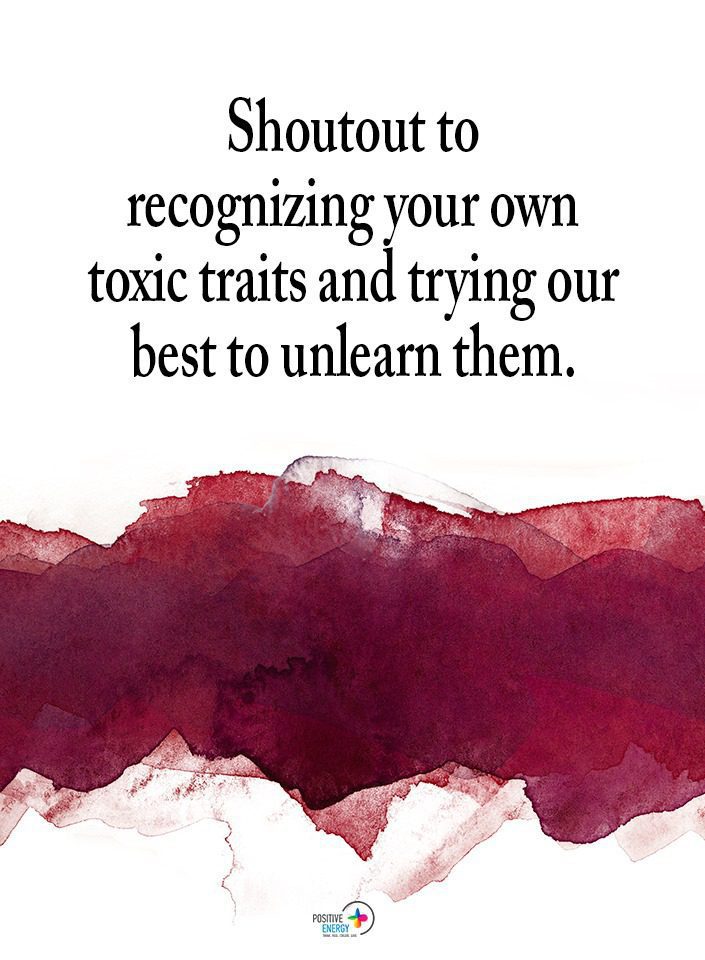Have you ever met someone who didn’t know how to express their emotions, and gave you the silent treatment when you did something wrong? If so, you have likely dealt with passive aggression before. Of course, this behavior can drain your energy over time if you surround yourself with these types of people often. They would rather leave you guessing about how they feel, sulking and withdrawing into their shell until you ask them how they feel.
This type of behavior most likely stems from childhood, where the parents may not have provided an open, nurturing environment for expressing feelings. According to Preston Ni, M.S.B.A., passive aggressive people usually have these four characteristics in common:
- Reasoning with them is virtually impossible
- Spending time with them is uncomfortable
- They don’t express how they really feel often
- They repeat these behaviors over and over again.
Indeed, they might not even realize how destructive their behavior is. That only makes it even easier for them to keep repeating the behaviors. Dealing with passive aggression comes with many challenges, especially if you have a close relationship with the person. However, you can take certain steps to make encounters with the person easier, and hopefully help them overcome their passive aggression.
Here are 3 ways to deal with passive aggressive people:
1. Let them know that they can openly express themselves with you.
Passive aggressive people have often been silenced in the past, so they don’t feel comfortable expressing themselves. Maybe their parents talked over them at the dinner table, or they didn’t seem interested in their child’s life. Understand that passive aggression stems from a complex set of situations and behaviors. Instead, passive aggressive people tend to cover up their feelings out of fear of the repercussions for expressing themselves.
Try to create a nurturing environment with them, and let them know that you won’t get upset or talk over them during a conversation. More than anything, passive aggressive people simply need a safe place to go to express themselves, and if you can provide that, it will make a relationship with this person much easier.
2. Keep asking questions if they seem hesitant to open up.
Sometimes, passive aggressive people will tell you they’re “fine,” when really, that couldn’t be further from the truth. If you suspect they’re hiding something from you, try to ask some more questions in order to get more of the story. Most of the time, passive aggressive people actually want others to show interest in them, because they likely didn’t get that sort of attention as a child. They might not open up to you at all, but simply showing you care can go a long way in the relationship.
However, don’t probe too deeply if you can tell they don’t want to talk. Ask a few simple questions to get the conversation moving. But if they continue to give you one word answers, or don’t talk at all, drop the subject and move on to something else. Passive aggressive people have a hard time opening up due to people in the past not listening to them. So self-expression doesn’t always come easily to them.
3. Remain calm, and listen to the person thoroughly before responding.
Passive aggressive people can’t stand being interrupted. Instead, they will likely either shut down completely, or blow up in your face for stifling their voice. With passive aggression, you get one of two types of extreme behavior: silent treatment, or a total onslaught of pent-up anger. While passive aggressive people usually don’t display violence, it can get pretty ugly when they finally decide to release their feelings they have harbored for a while. Whatever happens during the conversation, vow to stay calm and collected, and let them fully express themselves before you respond.
However, just because they lack communication skills and have emotional baggage does not give them the right to walk all over you. Stand your ground and communicate clearly. But don’t lose control and get mad at them. This will only cause things to escalate, and nothing good will come of it. Passive aggression can seem frustrating and unfair to deal with, but you can have a healthy relationship with these types of people if you just exercise a little patience.

Final Thoughts on Coping With the Passive Aggressive People You Will Meet in Life
Remember, no one is totally perfect, and people can’t help what kind of childhood they had. Usually, people just want someone to listen and show interest in what they have to say. So by doing these two simple things, communication with a passive aggressive person will go a lot more smoothly.


















